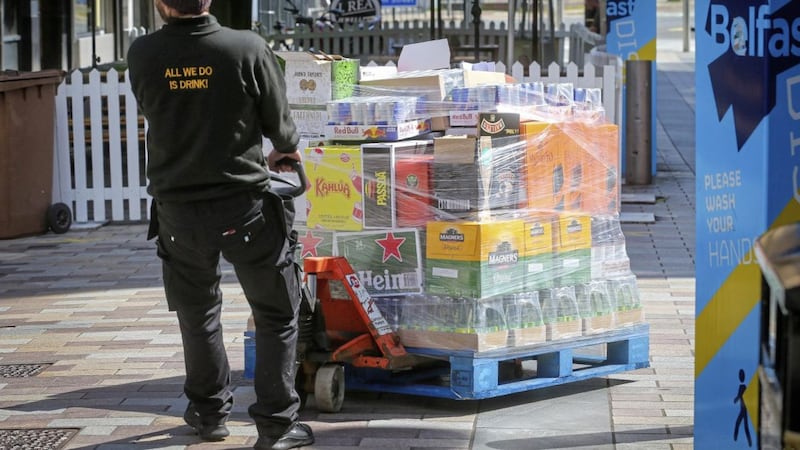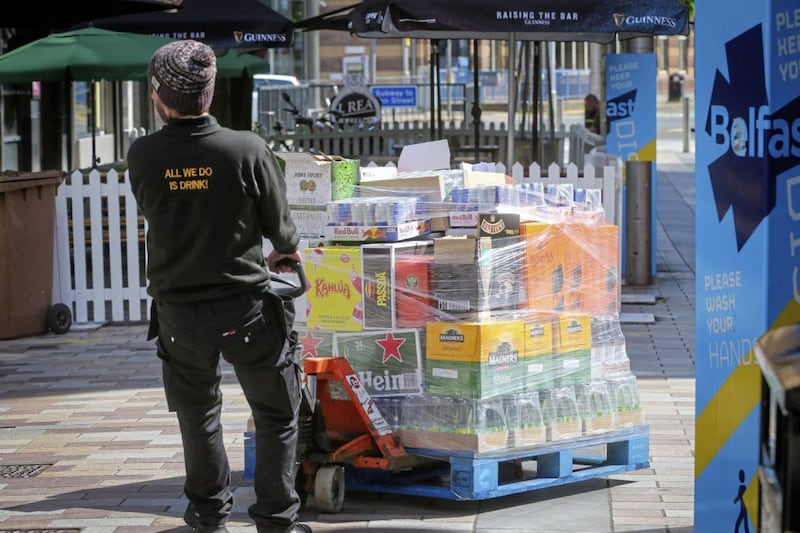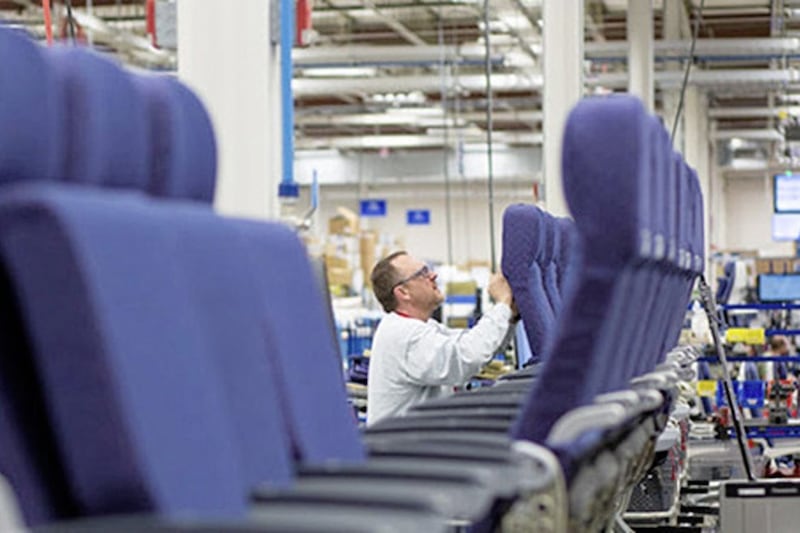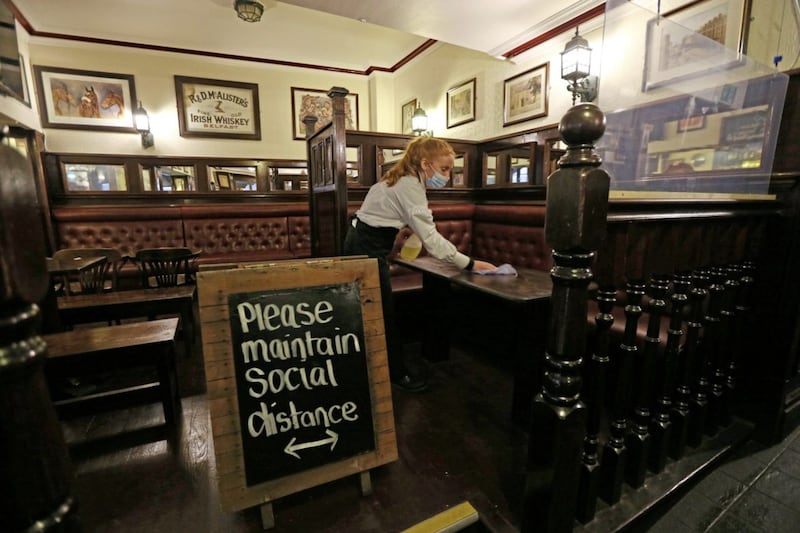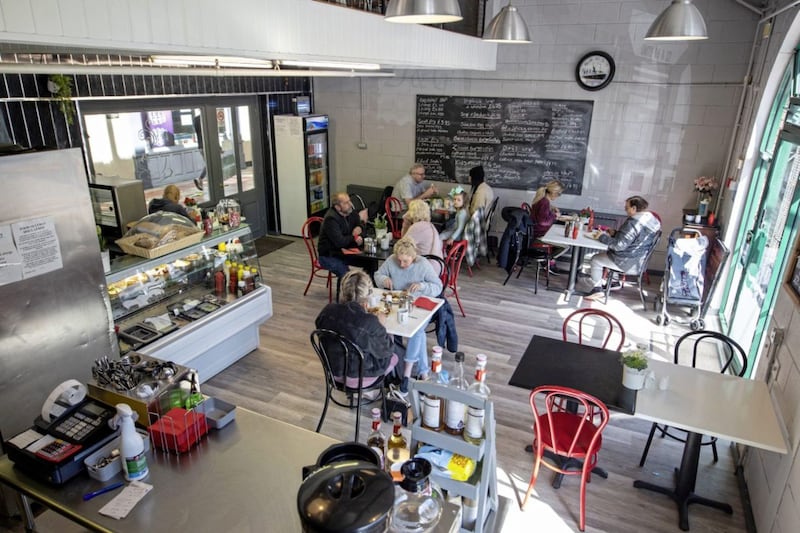AROUND 30,000 people were still furloughed in Northern Ireland at the end of August, according to the latest official figures.
HMRC said around 6,500 people came off the Coronavirus Job Retention Scheme here during the month.
The scheme closed on September 30, but the final tally isn’t expected to be published until November.
The latest provisional data showed 5,200 people in the retail sector and around 4,300 hospitality workers were still furloughed on August 31.
It suggests around 2,500 across both sectors were withdrawn from the scheme during August.
Around 1,340 manufacturing workers came off furlough during the month, leaving 3,840 still registered on August 31.
There was less movement in some other sectors, with 2,730 construction trade workers still registered at the end of August, down by just 400 since July.
At 14 per cent, the highest take-up rate for the scheme was recorded in the hospitality; arts and entertainment; and ‘other services’ sectors.
The north's healthcare sector recorded the lowest take-up rate at just two per cent, but it still meant around 2,000 healthcare workers were furloughed on August 31.
Dr Lisa Wilson, senior economist at the Nevin Economic Research Institute said a large proportion of those who remained fully-furloughed right to the end of the scheme are at high risk of unemployment.
But she said added that those who had remained on partial-furlough are also at risk of continuing on reduced hours.
“Whilst unemployment is a worry in the months ahead, underemployment needs to be as much a concern," she said.
“It is those who work part-time who are most likely to rely on the universal credit system to top up their earnings from work.
“The parallel drop in universal credit alongside the end of furlough means that this cohort of workers will need particular support in the months ahead to deal with the collapse in income and subsequent cost of living challenges that they are likely to face."
